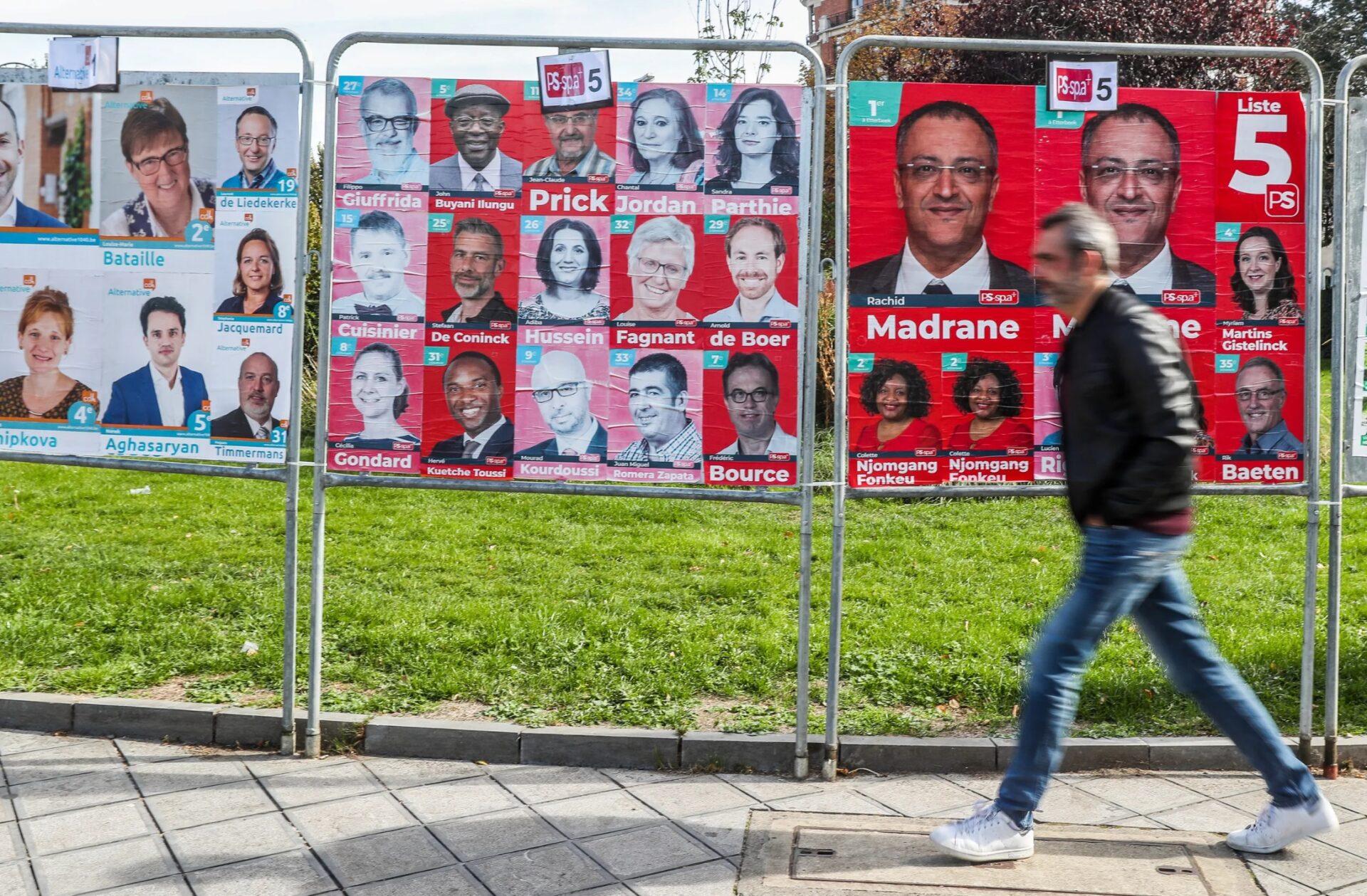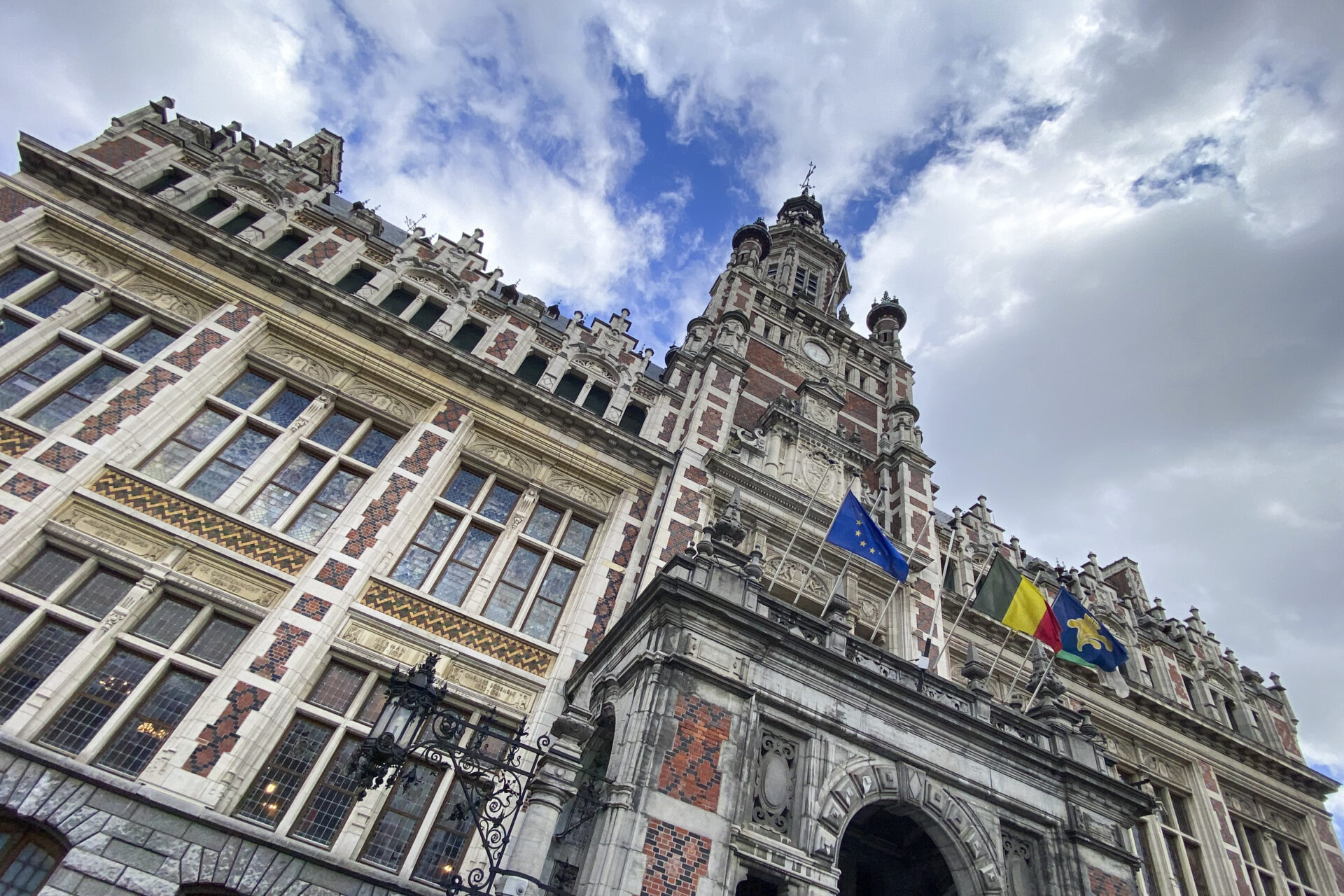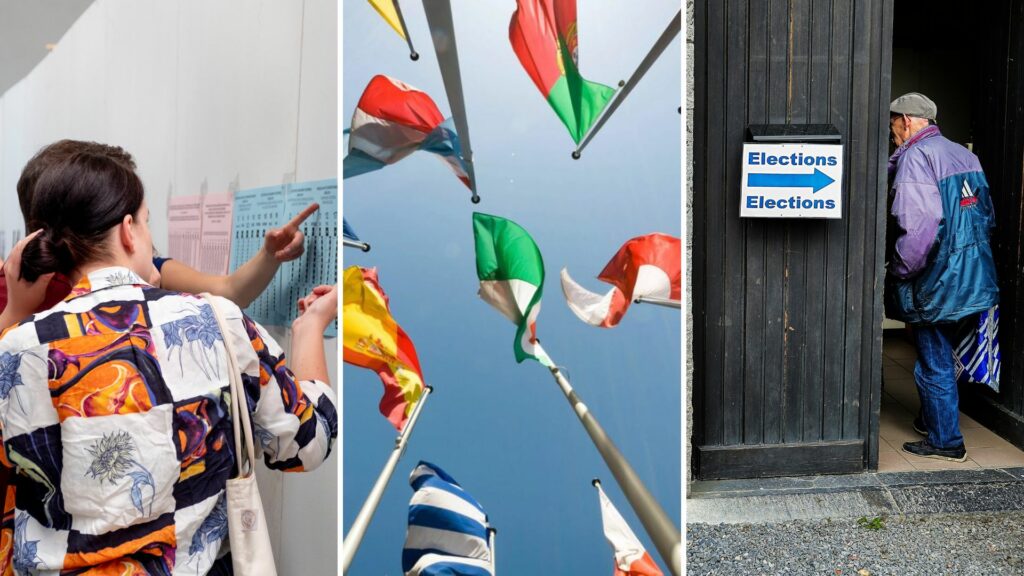Belgium will vote five times in 2024: the European, federal and regional elections will all coincide on 9 June, and the municipal and provincial elections will follow on 13 October. So, are you eligible to vote, how can you register, and most importantly, why should you do it?
36.9% of the Brussels population is made up of non-Belgian nationals, and 23.2% are EU nationals. The second record-breaking figure even reaches 50% in some communes. The international community therefore has enormous potential to impact local politics through exercising its right to vote.
What is more, having a say in how your home-away-from-home is governed can be an essential and uplifting element of being part of the city.
"These people are citizens of Brussels," says Bryn Watkins, communications and project manager at the Office of the Brussels Commissioner for Europe and International Organisations (commissioner.brussels). "They live here. They build homes, lives, careers, they fall in love … there is a principle behind these people having a voice and using it where they can."
Who exactly can vote?
International Brusseleers are eligible to vote in two out of four upcoming Belgian elections: the European elections on 9 June and the municipal elections on 13 October. There are some important precisions for both:
- Belgian nationals are eligible for all five ballots. In fact, turning up to vote is compulsory.
- EU citizens living in Belgium may vote in European and municipal elections but must register for both beforehand.
- Non-EU citizens living in Belgium for five years may vote in municipal elections but must register in advance.
- In a first for Belgium, 16- and 17-year-old EU citizens may vote in the European elections, but again must register before the deadline!

Credit: Belga
How do I register?
A common theme for every category of non-Belgian national is the importance of registering before it is too late. The deadline for European elections is 31 March if you wish to vote in Belgium rather than your home country and time runs out to register for municipal elections on 31 July.
Registration for both is straightforward, and is now even possible online via this website. Alternatively, for the European elections you can send a paper form 'C/1b' (available in French and in Dutch) along with a copy of your residence card to your commune. For the municipal elections, a different paper form is available here.
While the registration process is identical for both ballots, note that they are two separate processes. Once registered, you are obliged to cast a vote on the day. If you later realise you are unable to vote, you can de-register or select a proxy voter to do it for you.
More than democracy in action
Exercising your right to vote is a fundamental building block of civic engagement, but expats in Brussels have more than one reason to get involved in this year's election spree.
For one, the outcome of municipal elections will shape the daily life of all citizens, Belgians and non-Belgians alike. Municipalities here exercise more power than their counterparts elsewhere, such as Borough Councils in the UK or town halls in France.
The Belgian commune has a direct say in all number of everyday issues – think parking, rubbish collection, building permits and school attendance. In addition, the municipality often acts as a go-between for weightier administrative tasks such as obtaining Belgian nationality.
"It's not just about the decisions the commune makes," Watkins explains. "It's also about how it is managed. There are a lot of interesting things that happen at that level, and a few 100 votes can really swing the results. So there is a real impact expats can have."

Schaerbeek Town Hall. Credit: Belga / Thierry Roge
Commissioner.brussels acts as a link between the expat community and the city they live in and is convinced that municipal elections are a unique opportunity for international Brusseleers to have a say in how the country is run. The organisation has set up an election hub to guide expats through the voting process.
"Expats should vote when they can, because actually, they make up a huge part of the body of citizens in the region," says Watkins. "Their voice and their interests are completely valid."
Administrative and democratic advantages aside, expat participation is an opportunity to contribute meaningfully to society in Brussels.
"People who come from elsewhere have perspectives to bring to the table. They have seen the way things work in other places. They have experienced multiple cities, and there is a richness they can bring to democratic and political life."

